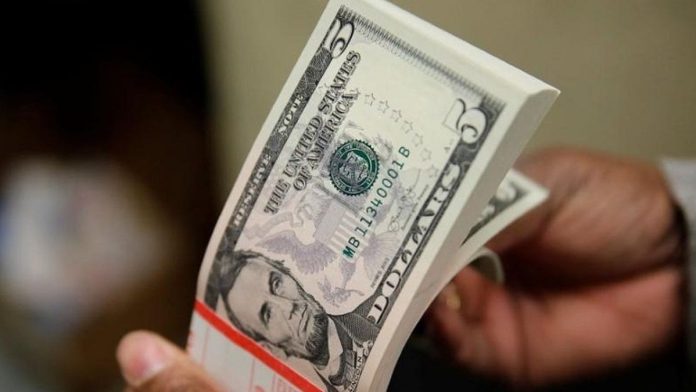Foreign portfolio investors are increasingly betting on Nigeria’s Eurobonds, pushing the average yield down by 22 basis points (bps) in the international market despite rising inflation in the local economy.
The uptick in investment sentiment comes as the United States reported a 2.9% year-on-year increase in its Consumer Price Index (CPI) for December 2024, slightly up from 2.7% in November. Analysts noted that plans to rebase Nigeria’s gross domestic product (GDP) and CPI also contributed to the growing confidence in the country’s sovereign bonds.
Among the maturities, the November 2027 Eurobond saw a notable decline in its yield, falling to 9.39%, as detailed in a market report by Cowry Asset Limited. The November 2025 and March 2029 maturities recorded the most significant yield drops, sliding by 31 bps and 25 bps, respectively.
Positive investor sentiment extended to other African markets, with Ghana, Egypt, and Angola experiencing similar trends. According to analysts, strong bids were observed at the mid- and long-term ends of the yield curves for both Angola and Nigeria, maintaining momentum from previous trading sessions.
The bullish activity in Nigeria’s Eurobonds coincided with a 14 bps drop in the U.S. 10-year Treasury yield, which settled at 4.651% on Wednesday. This represents a further retreat from the 14-month high reached earlier in the week, reflecting investor expectations for potential interest rate cuts by the U.S. Federal Reserve.
Looking ahead, market attention is expected to shift to key economic indicators, including upcoming retail sales and housing starts data, as investors assess the broader economic outlook.













